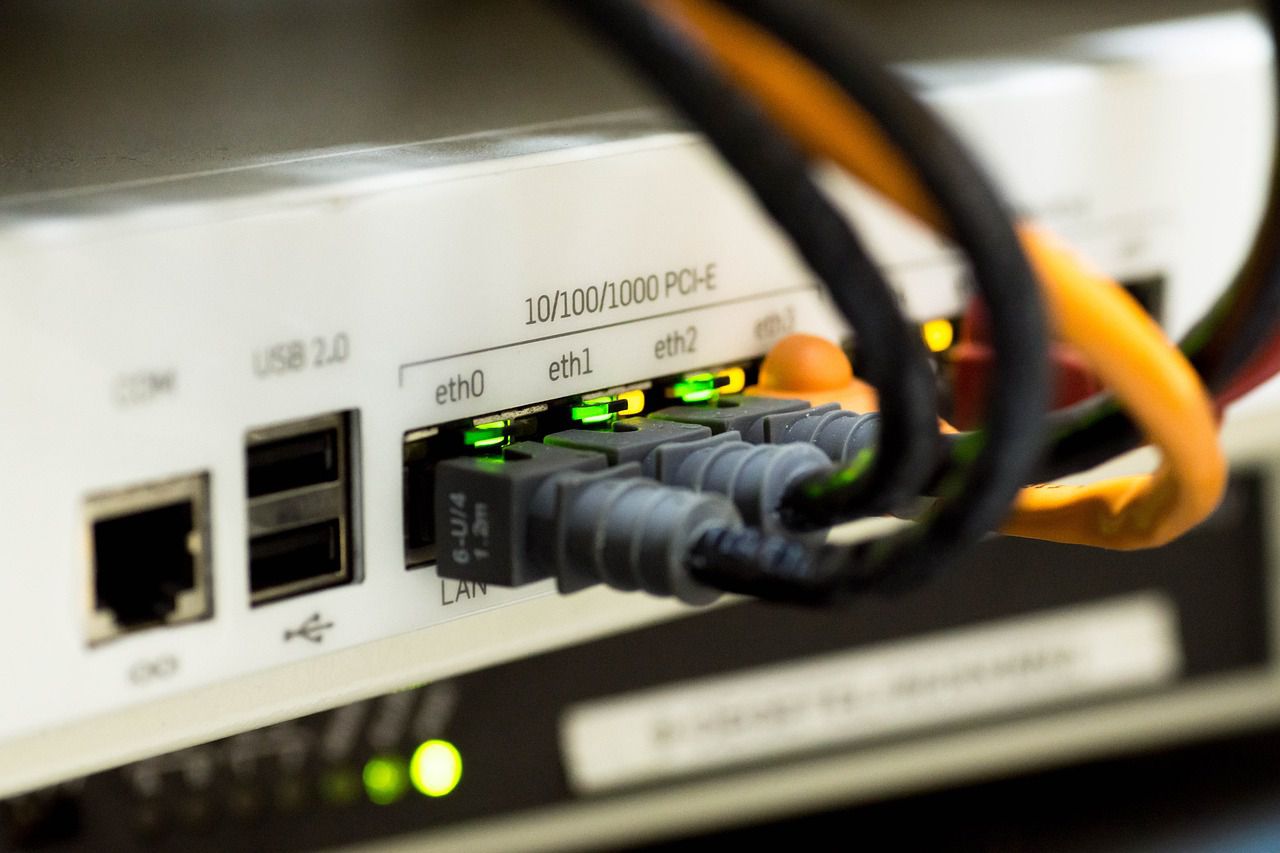Wires and cables can significantly impact the aesthetics of interior design.
It happens because they tend to introduce visual clutter and disrupt the clean and organized look of a space.
Here's why wires and cables are often considered detrimental to interior design.

Visual Distraction
Exposed wires and cables draw the eye and create visual distractions, diverting attention from the overall design and decor elements of a room.
Cluttered Appearance
The presence of tangled or messy wires can make a room appear cluttered and chaotic, detracting from the intended sense of order and tranquility.
Interrupted Flow
Wires running along walls, floors, or ceilings can interrupt the visual flow of a space, breaking the continuity of design elements.
Focal Point Interference
Instead of allowing key design features or focal points to shine, visible wires and cables become focal points themselves, detracting from the intended focus of the room.
Safety Concerns
Exposed wires pose safety risks, especially in high-traffic areas.
They can become tripping hazards or be accidentally pulled, leading to damage or even electrical hazards.
Limited Flexibility
The presence of wires can restrict the rearrangement of furniture and decor, as you're constrained by the location of power outlets and cable connections.
Dated Appearance
Technological advancements often lead to changes in cable types and connections.
As technology evolves, old-fashioned cables can make a space look outdated.
Unsightly Installations
Attempts to hide cables with makeshift solutions like tape, adhesive clips, or unsightly cable covers can create an even more unappealing appearance.













